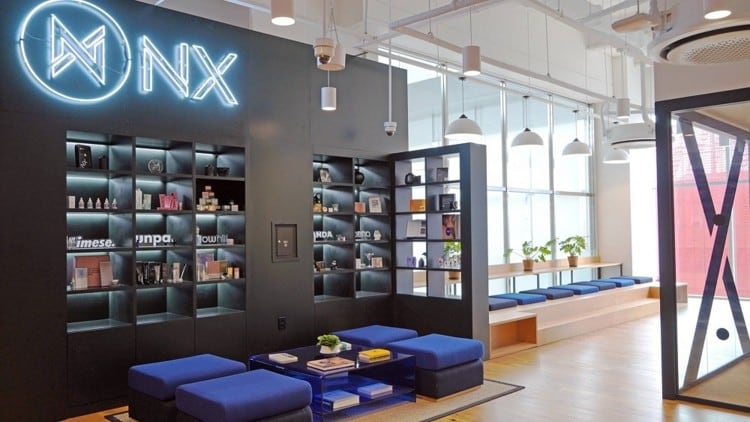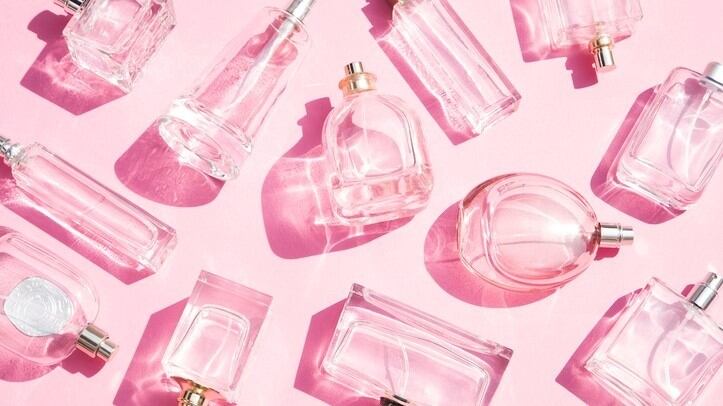The National Medical Products Administration (NMPA) outlined a proposal to scrutinise the safety of cosmetic products under the National Cosmetics Safety Risk Monitoring Plan.
The operation is a response to the cosmetic safety risks discovered in recent years, said the NMPA.
The published document said the objective of the operation was “to monitor and evaluate the risk factors affecting the quality and safety of cosmetics, to provide a scientific basis for the formulation of cosmetics quality and safety risk control measures and standards”
Furthermore, it added that cosmetic safety risk monitoring can provide direction and reference for the formulation and improvement of China’s cosmetic standards.
New targets on the board
In the first half of the year, the NMPA monitored and evaluated hair care and children cosmetic products.
The latest plan, which will be carried out over the second half of the year, the NMPA expanded its scope and said it would be zeroing in on a total of 18 categories.
In addition to hair care and children’s cosmetics, the new categories include products such as anti-wrinkle, anti-itching, make-up, skin whitening, children’s toothpaste, and foot products.
Furthermore, the document also stated that the NMPA will be closely monitoring beauty products that have become immensely popular over the Internet.
The government would be focusing on these viral Internet sensations, as their high sales volume would mean an increase in the safety risk.
Clamping down on such products are meant to signal to manufacturers the importance of product quality over marketing tactics.
This is not the first time the Chinese government has moved to curb unscrupulous marketing manoeuvres. Last year, China introduced new rules to regulate live commerce, which had exploded in the wake of the COVID-19 outbreak as a valuable tool to promote beauty products.
The NMPA said it would be looking out for certain substances in the products, including heavy metals, hormones, antibiotics, microorganisms and preservatives.
It added that it would be monitoring products on four key channels: cosmetics speciality stores, beauty salons, e-commerce platforms and centralised trading markets.
According to the published document, the NMPA plans to collect 1,100 batches of samples as part of this exercise.
This latest exercise is in line with China’s overhaul of its cosmetics regulations, which resulted in the creation of the Cosmetic Supervision and Administration Regulations (CSAR).
CSAR, which came into force in January 2021, focused highly on strengthening its post-market surveillance of cosmetics, placing the responsibility of any adverse effects on cosmetic manufacturers.





